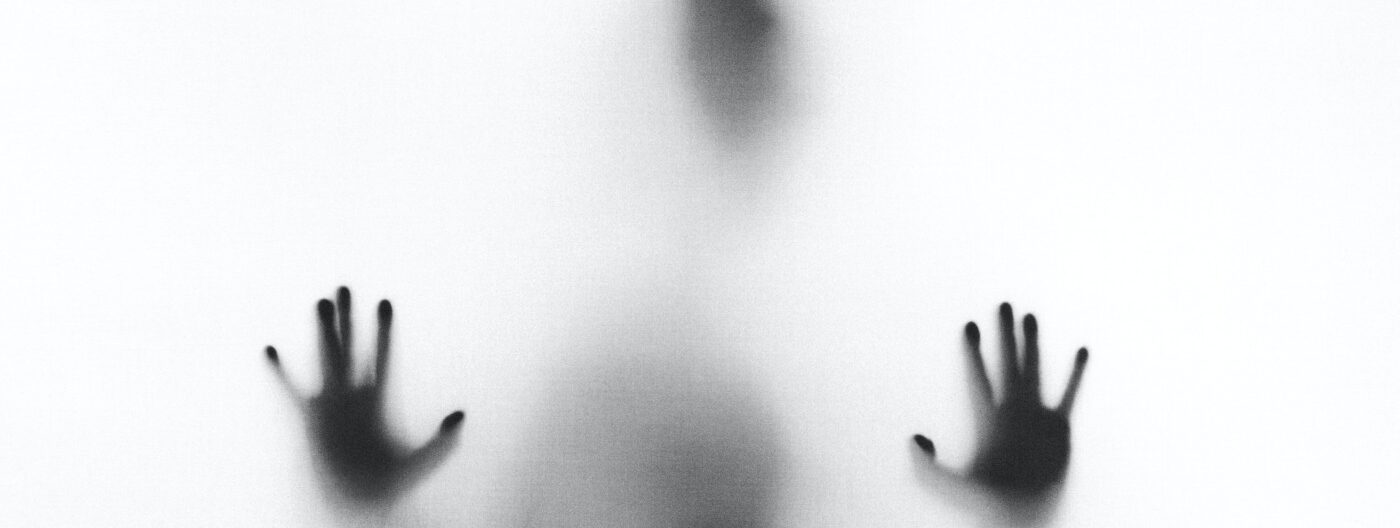Our cultural obsession with paedophilia is dangerous
Paedophilia in the 21st century has the same infectious emotional poison as the threat of suicidal terrorists after 9/11. And, as was the case with terrorism, we all got way too panicked. Sexual assault is of course no laughing matter, but there is a danger in being inauthentic about the issue within the media.
Tabloids today create white-knight morality tales about victimhood and abuse, but the truth is often far more complex and absurd, and doesn’t often fit quite so neatly into these manufactured narratives. We should aim above morality when understanding why creepy people do creepy things.
There is undoubtedly mass sexual foul play, on macro and micro scales: aggressions, intrigues, deceit and the abuse of power happen in every corner of existence. Most of the time, abuse goes unnoticed. So, is this why we have become culturally infatuated with paedophiles?
Paedophilia in the media feels like the new form of cultural gossip or pornography, a socially convenient taboo to keep the public living and breathing in fear
How healthy can it be for the Western psyche, to be constantly obsessing over how ruthless and arrogant power can be? Paedophilia in the media feels like the new form of cultural gossip or pornography, a socially convenient taboo to keep the public living and breathing in fear, and therefore, very easy to manipulate. The cultural products we use to criticise paedophilia – be it TV shows or newspapers – may, perversely, actually be another method of creating the emotional conditions which lead to paedophilia; fear creates what we fear.
The Epstein documentary (four hours in total) is proof of this commercialisation of real and serious stories of abuse. But Netflix, society’s morality police, have twisted the truth through a hypocritical lens, which paradoxically protects the bad guys through the forgiving security of turning them into Tragic Villains, not just the losers that they are. Thanks to Netflix, real life stories of sexual abuse become tantamount to the latest teenage rom-com flick; paedophilia becomes cynically permitted and even enjoyed in a world hungry for entertainment.
How can we avoid creating a culture of fear which will do more harm than good?
The paedophile issue is similar in ways to the dilemma of Lord Voldemort: he who must not be named. As Harry Potter asked: If we do not speak his name doesn’t that give him power? Even the nickname ‘paedo’ increases the mystery through reducing these psychologically disturbed people to cultural stereotypes, which places no actual emphasis on perceiving reality.
These ‘paedos’ are like the modern Candyman, say his name three times in a mirror and he will appear. The more we obsess in the media over paedophilia, there is a chance we will begin to suspect everyone, and the line between truth and false accusation will be blurred forever. Tom Hanks is proof that the paedophile hunters need to calm down.
Questions arise: how can we avoid creating a culture of fear which will do more harm than good? How can we escape the mediaeval echo chamber of Peter cries wolf, that has weirdly come to resemble a burn the witch scene from The Simpsons? Essentially, how can we punish the unjust without also harming ourselves?

Comments